A-Doxid Tablet 10's
MRP ₹29
(Inclusive of all Taxes)
₹3.5 Cashback (12%)
Provide Delivery Location
Online payment accepted
 Prescription drug
Prescription drugWhats That
Composition :
Manufacturer/Marketer :
Consume Type :
Expires on or after :
Return Policy :
NPPA :
About A-Doxid Tablet
A-Doxid Tablet belongs to a group of medications called tetracycline antibiotics, used to treat bacterial infections. A-Doxid Tablet treats urinary tract infections, intestinal infections, respiratory infections, eye infections, sexually transmitted infections (like gonorrhoea, syphilis), gum infections, diseases (like periodontitis), and others. Besides this, A-Doxid Tablet also treats acne-like lesions caused by rosacea. However, it does not treat facial redness caused by rosacea.
A-Doxid Tablet being an antibiotic prevents the growth of bacterial cells (the bad ones!) by preventing the formation of the outer protein layer of bacteria (cell wall) responsible for bacteria's growth and multiplication. It is a broad-spectrum antibiotic, i.e. it acts against various bacteria. It is a bacteriostatic antibiotic, i.e. it stops bacteria growth but does not kill them.
A-Doxid Tablet should only be taken if advised by your doctor. It can be taken with or without food but should be consumed at a fixed time for the best results. You should complete the course of A-Doxid Tablet as your doctor prescribes for better results. Some common side effects of A-Doxid Tablet are nausea (feeling or being sick), vomiting, diarrhoea etc. Please consult your doctor if these side effects become troublesome.
A-Doxid Tablet is pregnancy category D (high risk) medicines, so its use in pregnant and nursing mothers is not recommended. Use of A-Doxid Tablet during tooth development (last half of pregnancy, infancy, and childhood up to the age of 8 years) may cause teeth staining (yellow-grey-brown). Do not consume alcohol as it may cause excessive drowsiness when taken along with A-Doxid Tablet . Before using A-Doxid Tablet , tell your doctor if you ever had an allergy to A-Doxid Tablet , have kidney problems, liver problems, swollen food pipe (esophagitis) or muscle disease (myasthenia gravis). Please do not drink alcohol with A-Doxid Tablet as it may increase the unpleasant side effects like drowsiness and dizziness.
Uses of A-Doxid Tablet
Directions for Use
Key Benefits
A-Doxid Tablet is a type of tetracycline class of antibiotic which is effective against a wide range of bacteria, including gram-negative, gram-positive bacteria, anaerobes, and some parasites. It is prescribed for treating various bacterial infections of the respiratory tract (influenza, pneumonia), genitourinary area (syphilis, gonorrhoea), anthrax infection, sinuses, eye, and skin. Besides this, it is also indicated in the tick-borne infections (typhus fever) caused by the Rickettsia group of bacteria like typhus fever. Off-label, usage includes the prophylaxis or prevention of malaria in the prone area and the treatment of acne. Sometimes your doctor might prescribe you A-Doxid Tablet as an alternative medicine to penicillin when penicillin is contraindicated.
Storage
Drug Warnings
Iron and antacid (like magnesium hydroxide and aluminium hydroxide) may bind to A-Doxid Tablet in the gastrointestinal tract, lowering its efficiency. So, a gap of at least 2 hours should be maintained between intake of A-Doxid Tablet and iron supplements and antacids. Prolonged use of A-Doxid Tablet during tooth development (last half of pregnancy, infancy, and childhood to the age of 8 years) may cause permanent discolouration of the teeth (yellow-grey-brown). Besides this, in some cases, the use of A-Doxid Tablet causes antibiotic-associated diarrhoea. A-Doxid Tablet may cause sensitive skin to sunlight and ultraviolet rays, causing an exaggerated sunburn reaction. Hence it is advisable to apply sunscreen before going outside. Its use has also been associated with an increased risk of fungal skin infections like (vaginal candidiasis - thrush). Tetracycline and A-Doxid Tablet can form a stable calcium complex in bone-forming tissue, thereby affecting the growth of fibula bones in young children and bone development in the foetus. Using a A-Doxid Tablet with isotretinoin should be avoided as it has been reported to cause pseudotumor cerebri (increased pressure inside the brain). Long-term use of A-Doxid Tablet may affect your blood, kidney, and liver health, so yearly diagnostics test of these parameters is recommended. A-Doxid Tablet does not completely prevent malaria caused by P. falciparum as a A-Doxid Tablet is given only for the prophylactic regimen (protection) whenever anyone enters a malaria-prone area.
Diet & Lifestyle Advise
- It would be best to take probiotics after taking the full course of A-Doxid Tablet to restore some healthy bacteria in the intestine that may have been killed. Taking probiotics after antibiotic treatment can reduce the risk of antibiotic-associated diarrhoea. Certain fermented foods like yoghurt, cheese, sauerkraut and kimchi can help restore the intestine's good bacteria.
- Include more fibre-enriched food in your diet, as it can be easily digested by gut bacteria which helps stimulate their growth. Thus fibre foods may help restore healthy gut bacteria after taking a course of antibiotics. Whole grains like whole-grain bread, and brown rice, should be included in your diet.
- Avoid taking too much calcium enriched foods and drinks as it might affect the working of A-Doxid Tablet .
- Avoid intake of alcoholic beverages with A-Doxid Tablet as it can make you dehydrated and affect your sleep. This can make it harder for your body to aid the A-Doxid Tablet in fighting off infections.
Side Effects of A-Doxid Tablet
- Nausea (feeling sick)
- Vomiting
- Diarrhoea
Habit Forming
Therapeutic Class
All Substitutes & Brand Comparisons
FAQs
Drug-Drug Interactions Checker List
- ACITRETIN
- ISOTRETINOIN
- WARFARIN
- DIGOXIN
- PHENYTOIN
- CARBAMAZEPINE
- BISMUTH SUBSALICYLATE
Special Advise
- A-Doxid Tablet is preferably taken empty stomach or 1-2 hours before meals but it can lead to stomach upset. To avoid this, you may take A-Doxid Tablet with meals but ensure you drink plenty of water to keep yourself hydrated.
- To prevent throat irritation take A-Doxid Tablet in an upright position. Do not lie down for at least 30 minutes of taking it.
- Even if you feel better after taking A-Doxid Tablet , do not stop taking it until your doctor says so. This might cause the symptoms to reappear and will make the infection difficult to treat due to antibiotic resistance.
- A-Doxid Tablet can affect growing teeth, so it should be avoided during pregnancy and in children less than 8 years old.
- A-Doxid Tablet should not be consumed beyond its expiry date as after that it breaks down into harmful chemicals which can damage the kidney.
- Make sure you drink plenty of fluids when you are sick. This will in general help you clear out the infection faster, protect you from dehydration, and will help you overcome some unpleasant side effects of taking A-Doxid Tablet .
- Wear sunglasses and sunscreen when you go out in the sun as A-Doxid Tablet can make your skin sensitive to light.
Disease/Condition Glossary
Bacterial infection: A bacterial infection is a condition in which harmful bacteria enter, multiply and infect our body. It can target any body part and multiple very quickly. When you get infected with bacteria, you can experience generalized symptoms like fevers, chills, and fatigue. Bacteria are of various forms comprising commonly spherical, rod, and spiral-shaped. Bacterial infections vary from minor illnesses like sore throat and ear infections to severe brain infections like meningitis and encephalitis. Few harmful bacteria that cause infections include Streptococcus, Staphylococcus, and E.coli. Anyone can become infected with a bacterial infection. But, people with weak immune systems or taking immunosuppressive medicine can make you more prone to bacterial infection.
Rosacea: Rosacea is a skin infection that causes a persistent redness in the centre of your face. Small blood vessels on the cheeks and nose are often inflamed and red. Many people with rosacea also develop pimples on their faces, similar to acne.
Antibiotic-induced diarrhoea: Antibiotic-induced diarrhoea or Antibiotic-associated diarrhoea refers to the occurrence of diarrhoea (passing loose, watery stools more than 3 times per day) after taking antibiotics. It happens because antibiotics also kill beneficial intestinal bacteria (gut flora) which aids in the food digestions and fighting off infections.

Have a query?
Alcohol
Safe if prescribed
A-Doxid Tablet should not be taken until prescribed if you are taking alcohol. Keep your doctor informed if you drink alcohol.
Pregnancy
Consult your doctor
A-Doxid Tablet is a Pregnancy Category D. There are no adequate and well-controlled studies on the use of doxycycline in pregnant women. In some cases, taking A-Doxid Tablet during pregnancy may affect tooth and bone development in the unborn baby. So, if you are pregnant or planning for pregnancy contact the doctor before using a A-Doxid Tablet .
Breast Feeding
Consult your doctor
A-Doxid Tablet is excreted in the breast milk however, the extent of absorption of A-Doxid Tablet , by the breastfed infant is not known. Hence, the nursing mother before using a A-Doxid Tablet should contact the doctor.
Driving
Safe if prescribed
The effect of doxycycline on the ability to drive or operate heavy machinery has not been fully studied but there is no evidence to suggest that doxycycline may affect the ability to drive. Discuss with your doctor if you have any concerns or are having unusual sleepiness or drowsiness after taking A-Doxid Tablet .
Liver
Consult your doctor
A-Doxid Tablet to be taken with caution, especially if you have a history of liver diseases/conditions. Dose may have to be adjusted by your doctor.
Kidney
Consult your doctor
At the recommended doses, A-Doxid Tablet is safe to use in patients with kidney disease and no dose adjustment is warranted. If prescribed by a doctor, A-Doxid Tablet can be safely used. But it is best to discuss with your doctor if you have a known kidney disease/condition.
Children
Safe if prescribed
Use of A-Doxid Tablet during tooth development in infants and children below 8 years of age may cause permanent staining of teeth (yellow-grey-brown). So, it is not recommended for children below 8 years of age.







